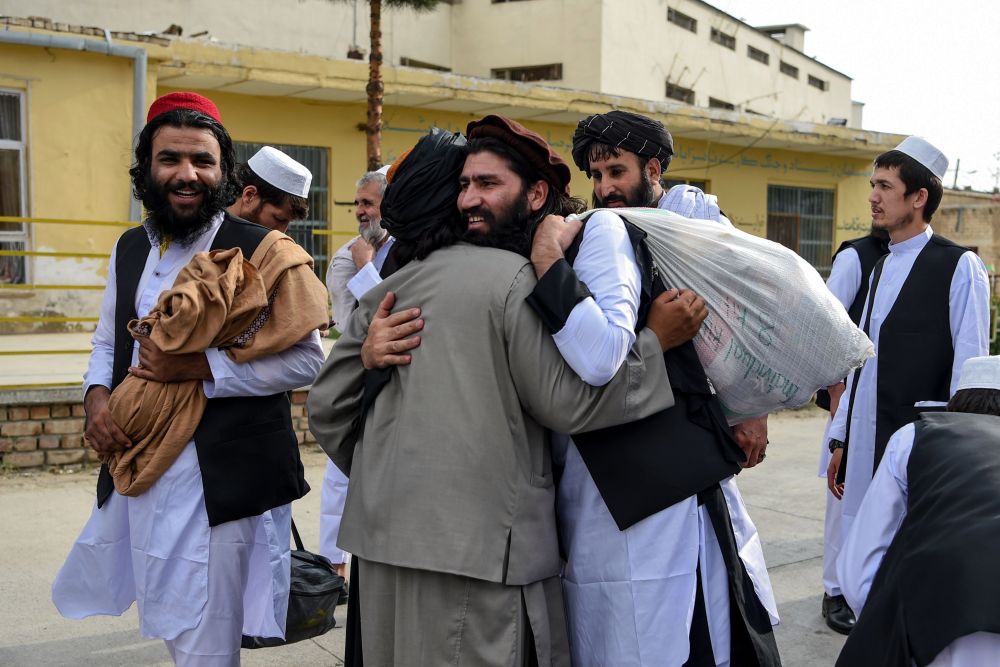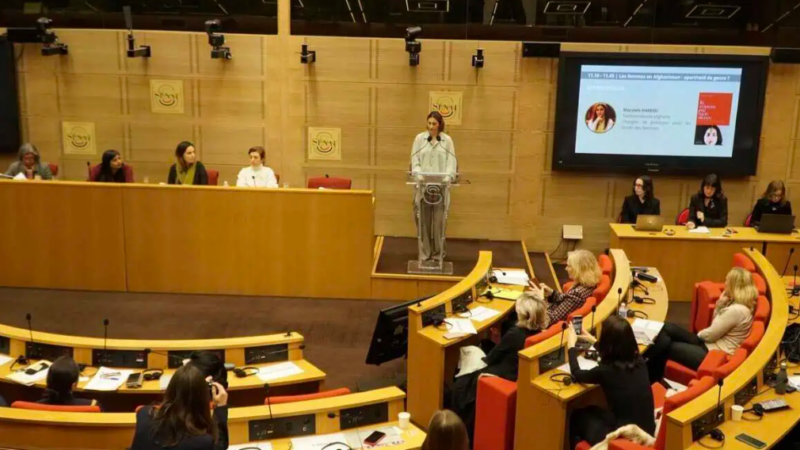Freed Taliban by Afghanistan government returning to resume ‘jihad’

Advertisement
A confidential research has observed that hundreds of Taliban, who were freed in a move to bring peace in Afghanistan, are resuming their ‘jihad’ or holy war to overthrow the US-backed Afghan government.
“Taliban prisoners released by the Afghan government as part of a deal brokered by the United States aimed at ending almost 20 years of war are returning to the battlefield as commanders and fighters, in direct contravention of pledges made by the insurgents to the White House,” the research said.
In an unreleased paper written for the Afghan Peace Dialogue Project at Queen’s University in Belfast, Northern Ireland, Taliban experts Michael Semple and Felix Kuehn found that former Taliban prisoners were “participating in combat, being killed fighting, being taken prisoner and one case of an ex-prisoner being involved with revenge assassinations.”
A majority, 68 per cent, of the 108 former Taliban prisoners profiled for the research “have already been re-integrated into the Taliban and have resumed active roles in the conflict, or are in Taliban groups intent on resuming fighting, or are occupying military or political positions, which are fundamentally linked to the Taliban war effort,” Semple and Kuehn write.
“A number of ex-prisoners have been appointed to direct command positions since their release,” they found.
“Two ex-prisoners have re-assumed their former military command positions where brothers or sons had taken over temporarily. … A number have already assumed official positions within the Taliban shadow administration. The appointment of ex-prisoners as uluswals — which are essentially in charge of military affairs and oversee civilian matters at a district level — is now widespread,” Semple and Kuehn added.
Another 8 per cent of the interviewees wished to return to the battle but were “being held back by family opposition,” mostly by their wives. A further 27, or 24 per cent, “will categorically not re-join the conflict” for various reasons, mainly because they wished to return to civilian life.
A senior Afghan official said the report’s findings “comport with what we have observed.”
The research appears to confirm doubts about the value of Taliban promises to reduce violence, keep their men off the battlefield once released from prison and comply with other conditions in their agreement with the United States, including renouncing ties with al-Qaeda.
Critics of the deal suspect the Taliban are interested only in a return to power that will facilitate their ultimate goal of establishing an Islamist government, hand in hand with al-Qaeda.
The revelations of Taliban deception come as an Afghan security official confirmed that all prisoners have been released from both sides.
The United States signed a bilateral deal on February 29 with the Taliban, in which Washington agreed to withdraw troops from Afghanistan and end almost 20 years of war following the al-Qaeda attacks of September 11, 2001.
In return, the insurgents agreed to cut ties with al-Qaeda and stop attacks on US forces in Afghanistan.
Advertisement






